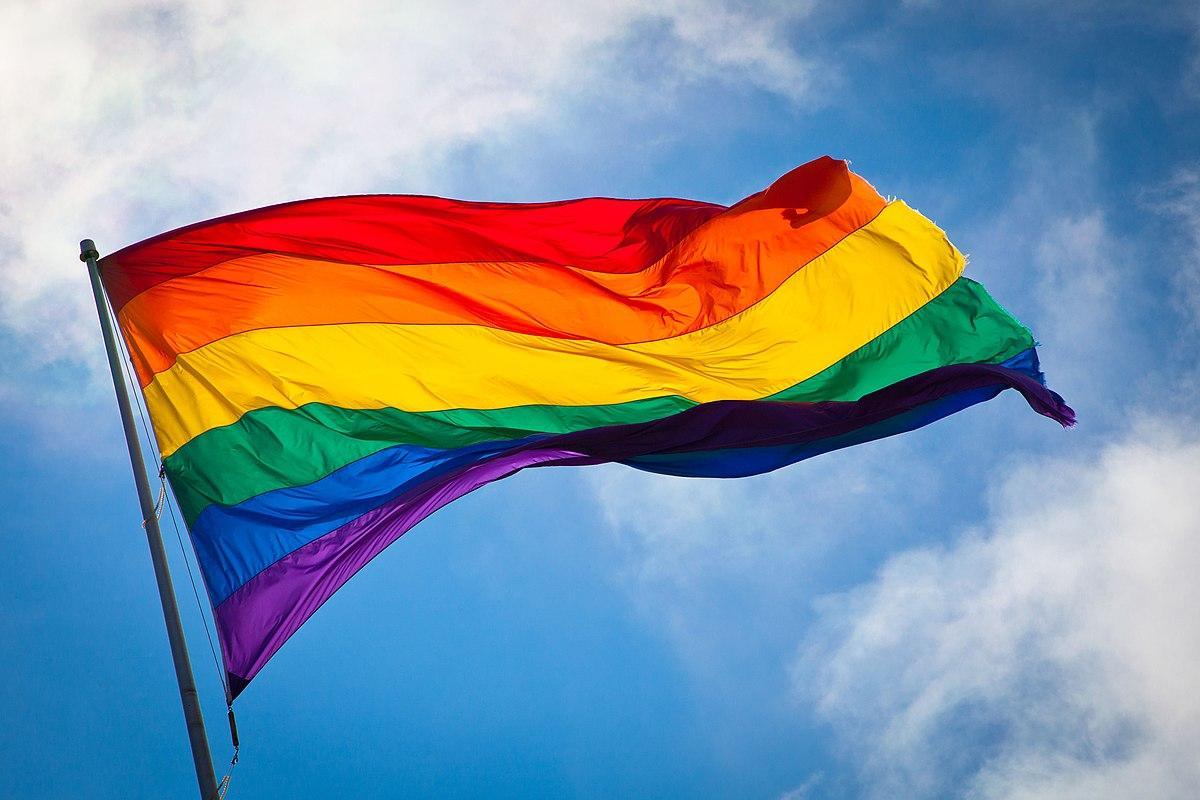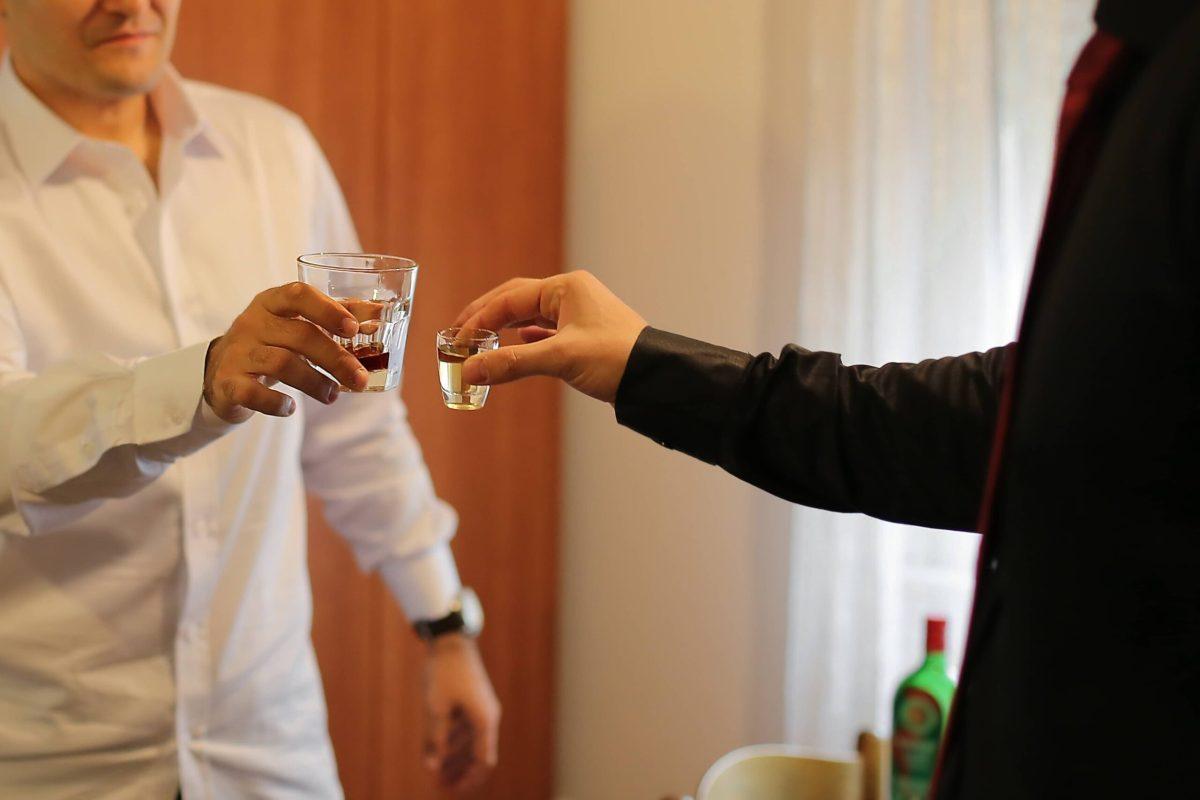On March 28, the Parental Rights in Education Bill was passed in Florida. This bill has gained media attention due to its limitation on the teaching of LGBTQ issues in the grades kindergarten through third grade. Dubbed by the opposition as the “Don’t Say Gay” bill, this legislation has caused a lot of controversies — and rightfully so.
The largest issue with this bill is how vague some of the wordings are. In the final version of the passed bill, it states “Classroom instruction by school personnel or third parties on sexual orientation or gender identity may not occur in kindergarten through grade three or in a manner that is not age-appropriate or developmentally appropriate for students.” But what is considered age-appropriate? What is considered developmentally appropriate? The bill doesn’t go into any more detail describing what would be banned or blocked. If everyone has a different understanding of what these terms mean, there is no way to ensure all kids receive an adequate education, or lack thereof, on these topics.
Another controversial point of this bill is related to what can happen if a school fails to abide by the law. Under this law, parents would be able to sue the school district if they believe the law has been violated. If the court sides with the parents, the school district will be liable for paying all of the court fees as well as any monetary settlement. Due to this, there is a high possibility that many poor districts will be overcautious to ensure they aren’t breaking the vague language of the law. This leads to students becoming ignorant of important social issues of the world they live in.
This bill also affects the lives of non-LGBTQ students. Along with regulating what can be taught in the classroom, it also regulates students’ conversations with teachers and counselors. Although many states require counselors and teachers to report suicidal or other thoughts that will cause imminent harm to the student or others, this bill regulates much more. But it is difficult to understand which conversations. The bill doesn’t specify what topics have to be reported to parents, rather, all conversations about mental health. This could discourage all students from seeking out help because they don’t want to admit to their parents that they are struggling. This bill encourages the struggling to do so in silence rather than get help from a trusted adult. At a time when teenage suicide rates are steadily rising, it is not wise to discourage counseling.
Another question this bill poses is if limiting this type of speech is even constitutional. The organizations Equality Florida and Family Equality have questioned just that. In a filed lawsuit, these groups allege this law violates “protected rights of free speech, equal protection and due process of students and families.” Although it is unclear when this lawsuit will be heard by a court, this proves that the bill will be challenged. All high schoolers should be aware of this case — whether in Florida or not. Many other predominantly Republican states are looking to adopt similar laws to this. Students need to be aware of what the court decides in this lawsuit so they know what may or may not occur in the state where they attend school.
The Parental Rights in Education Bill is not about parental rights, but rather the suppression of LGBTQ issues in the classroom. If the vague wording of the bill were to be rephrased to explain exactly what type of language and acts were banned for classroom teaching, it would shine a light on the true ambitions of the bill. However, as it is currently written and passed, it is impossible to deny the harmful effects the bill will have on LGBTQ and non-LGBTQ students in Florida and possibly the rest of the nation.































